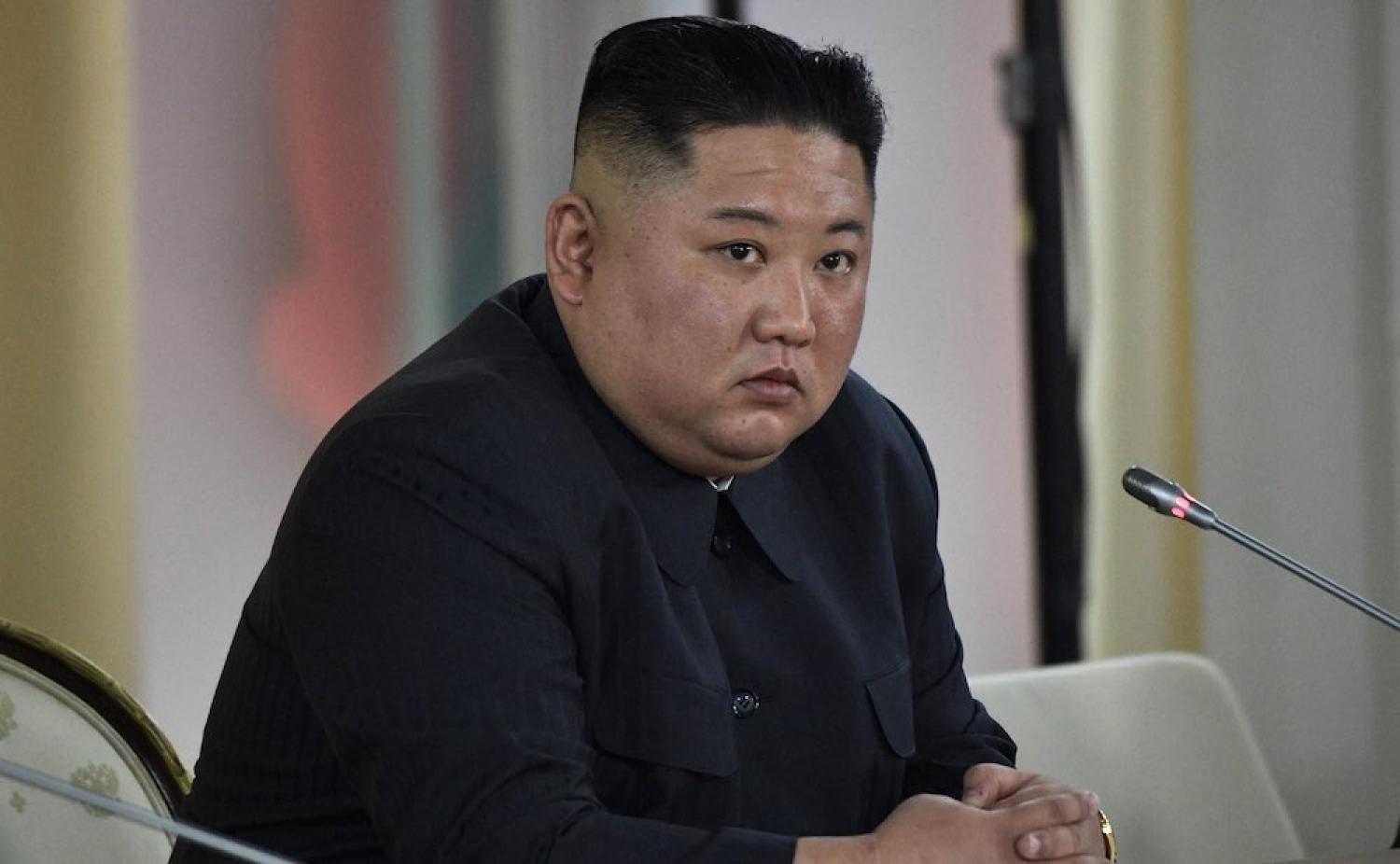If US President Donald Trump loses the 3 November election, North Korea’s Kim Jong-un will be first in line to mourn Trump’s departure from the White House. Despite a rocky start (those months of “fire and fury” seem a lifetime ago), the Trump-Kim relationship has grown incredibly in the past three years, keeping North Korea invested in the détente, despite setbacks in denuclearisation talks.
On the campaign trail, Trump has touted his relationship with Kim as a key factor in why the United States and North Korea have not been at war, as well as why Pyongyang has not tested a nuclear device or a long-range missile in recent years. There was even a fear in April that if rumours of Kim’s death were true, Trump’s North Korea policy would be bankrupt, given the President would have no one else in North Korea to turn to.
Likewise, Kim similarly appears to attach huge significance to the personal relationship with Trump. The North Korean leader has shunned working-level talks between officials – instead, he uses “love letters” with Trump to communicate key intentions, from arranging a second summit in Hanoi to signalling his anger at the denuclearisation demands coming from Trump’s aides.
If the US President granted Kim legitimacy by meeting him without preconditions, Kim in return gave Trump the historic moments that the President can point to as a success.

However, the downside of such a personalised diplomacy is that a change in leadership will undermine the entire process built in the past three years. If Trump had reasons to worry about the negative impact of Kim’s death on the US–North Korea relations, Kim also has concerns about the repercussions should Trump depart the White House.
Democratic Party presidential candidate Joe Biden has made clear that he would not follow Trump’s North Korea policy. Instead of bypassing the established diplomatic steps, Biden would re-energise working-level talks and secure a commitment to reduce nuclear capacity from North Korea before meeting Kim. Biden has also called Kim a “thug” and compared him to Adolf Hitler, which doesn’t augur well for a personal relationship.
Not that Trump’s North Korea policy has substantively impeded Pyongyang’s nuclear and missile developments. But Trump has succeeded in laying the groundwork for subsequent diplomatic engagements with North Korea in the Singapore Declaration. The US and South Korea are also narrowing their differences with regard to South Korean President Moon Jae-in’s pledge to declare an end to the Korean War as part of a denuclearisation process. That Kim chose not to launch the usual rhetorical broadsides against the United States and South Korea during a military parade this month indicates that Pyongyang is still invested in diplomacy. This is despite an increase in inter-Korean tension in June.
Should Biden win the presidency and not honour the Singapore Declaration, given he has criticised Trump’s embrace of dictators, it is unclear how North Korea would proceed. Will Pyongyang observe its self-imposed moratorium on nuclear and long-range missile tests promised with Trump? Or will it flex it nuclear muscle to warn the “rabid dog” Biden not to upset Pyongyang with more sanctions?
While it is understandable from a partisan standpoint for Biden to criticise Trump’s North Korea policy in its entirety, Biden should pick up the diplomatic momentum Trump has created.
It seems likely North Korea would want to avoid antagonising Biden early to buy more time to assess his intentions. Kim’s speech at the parade this month indicated that North Korea has been under great financial stress as a result of the coronavirus pandemic. Additional sanctions on the country would worsen the domestic situation. Kim has sought to strengthen his ties with China to forestall any attempt by Biden to seek Beijing’s cooperation to tighten sanctions on Pyongyang.
Kim would also find it hard to come to terms with Biden on what constitutes a “redline” for provocations. Despite North Korea unveiling an apparently new intercontinental ballistic missile and submarine-launched ballistic missile at the parade, the Trump administration played down the threat so long as the missiles are not in the air. Kim’s adherence to the testing moratorium has been a key feature of the Trump-Kim relationship. He would want to gauge where Biden’s redline is, yet do so without inadvertently stepping across and leading to a military clash. The danger is evident. A love letter to Biden won’t cut it.
Yet the dynamics on the peninsula have undoubtedly changed under Trump. A return to a policy of “strategic patience” that marked the pre-Trump era would likely fail. While it is understandable from a partisan standpoint for Biden to criticise Trump’s North Korea policy in its entirety, Biden should pick up the diplomatic momentum Trump has created, work with North Korea based on the diplomatic framework signed in Singapore, and, if necessary, embrace Kim on a personal level.
Such a move would not only stabilise the US–North Korea relationship, but also keep intact South Korea’s plan to engage the North diplomatically.

